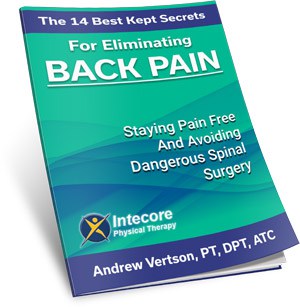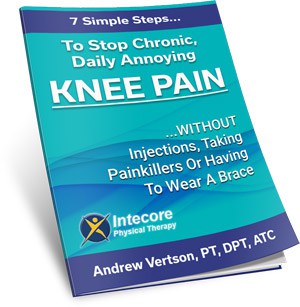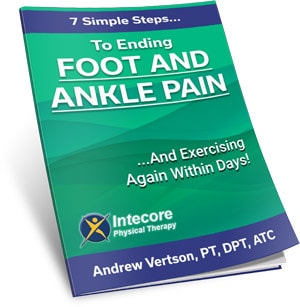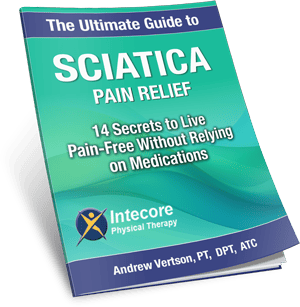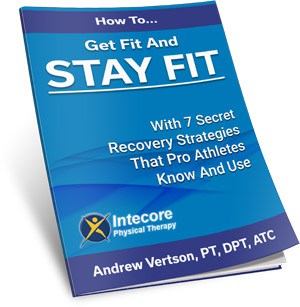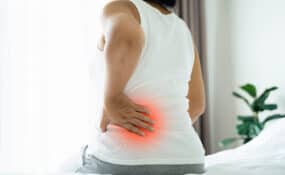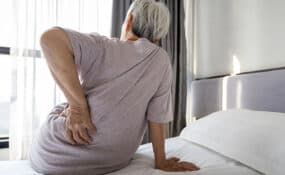Hip Bursitis
 In between the femur (hip bone) and the lateral thigh muscles lies a protective fluid filled sac called the bursa. Bursa sacs are found in different areas besides the hip like the shoulder and knee. They act as a cushion to prevent excessive friction of the soft tissue like our hip muscles to slide over the bone.
In between the femur (hip bone) and the lateral thigh muscles lies a protective fluid filled sac called the bursa. Bursa sacs are found in different areas besides the hip like the shoulder and knee. They act as a cushion to prevent excessive friction of the soft tissue like our hip muscles to slide over the bone.
When an individual overuses or participates in repetitive activities that involve excessive hip flexion, extension and external rotation hip bursitis may develop. There are other causes of hip bursitis like leg length discrepancy, sacroiliac joint dysfunction, motor vehicle accidents, falls, bone spurs and gait abnormalities. As with any inflammatory disorder, precaution and action should come into play.
Here are some of the activities to avoid with hip bursitis:
- Excessive stair climbing
- Sleeping on the affected side
- Running uphill
- Avoid sitting cross legged
- Avoid excessive standing and sitting
- Biking

Once you are diagnosed with hip bursitis there are proper steps and proactive measures to follow:
- NSAIDs
- Possible cortisone injection to help reduce the inflammation
- Sleep with a pillow between your knees at night to prevent excessive hip movement while sleeping on the unaffected side.
- Rest from the sport or activity that may be causing the excessive pain.
- Ice to the affected hip
- Possible Therapeutic Ultrasound to the affected hip
- Lastly proper strengthening exercises and stretches that will be prescribed by a licensed Physical Therapist.
Blog by Layla Rabbani, PT, DPT
Intecore Physical Therapy
Aliso Viejo Office
Reference: Orthopaedic Physical Therapy Secrets by Jeffery D. Placzek, MD, PT and David A. Boyce, PT, EdD, OCS
- How To Sleep with Sciatica and Back Pain - February 12, 2026
- Postpartum Joint Pain? 7 Fast Relief Tips for Busy New Moms. - February 3, 2026
- Sciatica or Piriformis Syndrome? 3 Ways to Tell the Difference (Self-Test Guide) - December 22, 2025



